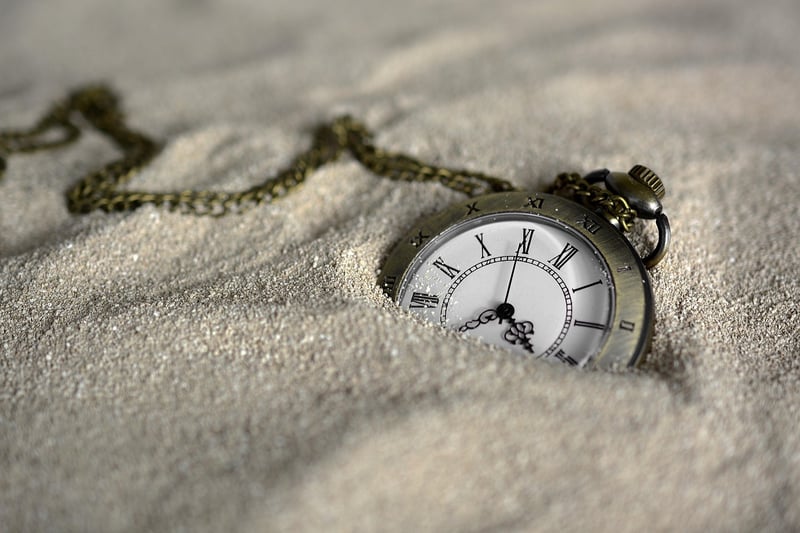Grandfather Paradox
Exploring Time Laws and the Grandfather Paradox
Time travel has been a popular concept in science fiction for decades, captivating audiences with its potential to bend the laws of physics. However, the theories behind time travel are not just confined to the realm of entertainment; they are also a subject of serious study in the field of theoretical physics.
The Laws of Time
Before delving into the intricacies of time travel, it's essential to understand the fundamental laws that govern time itself. According to the theory of relativity proposed by Albert Einstein, time is not a constant but rather a dimension that can be influenced by gravity and speed. This concept forms the basis for exploring the possibility of time travel.
Grandfather Paradox
One of the most famous thought experiments related to time travel is the Grandfather Paradox. This paradox explores the hypothetical scenario where a person travels back in time and prevents their grandfather from meeting their grandmother, thus preventing their own birth. This raises questions about causality and the potential for paradoxes in a universe with time travel.
Implications and Theories
Various theories have been proposed to address the paradoxes and implications of time travel. Some physicists suggest the existence of parallel universes, where changes made in the past create a new timeline diverging from the original one. Others propose the idea of a "self-healing" universe that prevents paradoxes from occurring.
Conclusion
While time travel remains a theoretical concept with no practical implementation as of yet, exploring its implications can lead to a deeper understanding of the nature of time and causality. The Grandfather Paradox serves as a thought-provoking example of the complexities involved in manipulating time and the potential consequences of altering the past.

For more in-depth exploration of time laws and paradoxes, check out Space.com's article on time travel.
